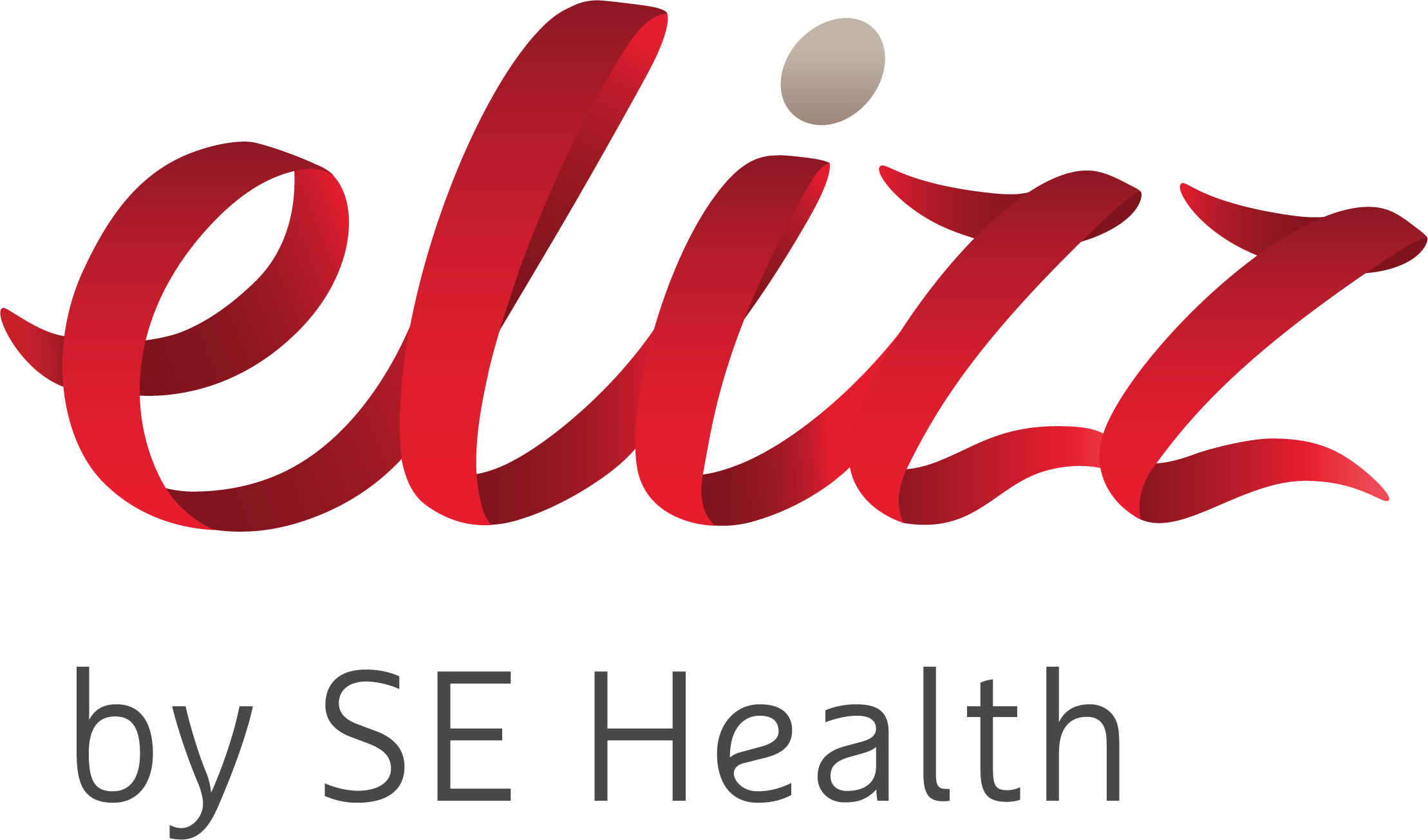Medication safety tips for caregivers

Medication safety and managing medications for someone else can be complicated and it is important to get it right. Here are some tips to help you.
- If the health care provider writes a prescription by hand, make sure you (and the person in your care) can read it. It is also important to understand the reason for taking the medication and the side effects to look for. Ask for clarification if needed.
- You can consult with the pharmacist about medications when you pick them up. You can also ask for written information/instructions so that you and the person in your care can refer to them at a later time. The pharmacist can also provide information on how to properly store the medication(s).
- Consider scheduling a consultation with the pharmacist or health care provider to review medications every 6 months. Remember to include ALL medications in this review (prescription medications, over-the-counter medications, vitamins, herbal/naturopathic substances, supplements, and topical medication/creams). Be sure to include the person in your care in this consultation as appropriate.
- It is important that the directions for use are followed for each medication. A prescribed medication will have directions for use on the label. Over-the-counter medications will provide specific directions for taking the medication based on the person’s age.
- Over-the-counter medications are not always appropriate despite the fact that they are sold without a prescription. The pharmacist can review the medications the person is currently taking and offer advice about whether an over-the-counter medication is appropriate and safe for use. Older adults and children are especially vulnerable to toxicity of medications. Older adults may also have unexpected reactions to certain over-the-counter medications including confusion which increases the risk of falls and other serious health outcomes. Always ask the pharmacist for advice about over-the-counter medications for you or the person in your care. Even over-the-counter medications can have serious and sometimes fatal consequences.
- Medication labels can be confusing. If you have any questions about the directions printed on the label of the medication, be sure to ask either the pharmacist or the health care provider who has prescribed the medication.
- Make an effort to use the same pharmacy so that the pharmacist can keep a record of all medications in order to provide the best care and advice. This will also assist the pharmacist in following up with any potential drug interactions.
- It is a good idea to review all medication containers or packaging on a regular basis (at least once per year) and properly discard those that have passed their expiry date.
- Do not put out-of-date or unused medication in the garbage or down the toilet or sink. Bring them to a pharmacy that disposes of unused or expired drugs in an environmentally safe manner.
- Ensure that the person you care for takes the medication as prescribed. Advise them not to stop taking a medication part way through the course of treatment (unless they are having a serious reaction) without first discussing it with their health care provider.
- Confirm that medications picked up from the pharmacy are correct. This means that the right name is on the packaging and the medication is what the person is used to taking (i.e. the pill is still small and pink not large and green). Follow up with the pharmacy regarding any medication discrepancies.
- Medication should only be taken by the individual for whom it is prescribed. Never take prescription medication that wasn’t prescribed for you, even if you have the same medical condition.
- If the person has difficulty swallowing pills, speak to the pharmacist about options for splitting or crushing pills. There are some pills (both prescription and over-the-counter) that are not appropriate to split or crush.
- Encourage the person you are caring for to take their medication where there is enough light to read medication instructions and to see the medication.
- Keep medication out of the sight and out of reach of children.
- You may want to purchase plastic dosettes from the pharmacy that organize pills into daily compartments. Pharmacies can also prepare custom blister packs. These blister packs may also assist to confirm which medications have been taken.
- If a person has multiple medications that need to be taken throughout the day, a schedule should be written out that is easy to understand and refer to. The pharmacist can assist with composing this schedule or even review a schedule to confirm its accuracy. You can also set an alarm to remind the person when it is time to take the next dose of a medication.
- Report any side effects or reactions to any medication, even over-the-counter medications or herbal/naturopathic substances, to a health care provider right away.
- Herbal/naturopathic substances can interact with other medications (prescription or over-the-counter) and may cause additional health problems. Consult with a health care provider before you or the person in your care purchase or consume these products.
- It is a good idea to keep an updated list of medications that the person in your care is currently taking. This list should also include any over-the-counter medications, vitamins, and herbal/naturopathic substances. It is also helpful to include the dose of each medication, how often it is taken, and why. Any allergies to medication, food, or medical supplies should also be recorded. It can be overwhelming to recall this type of information accurately at appointments and consultations. It is also a good idea to keep an updated copy of this list in a safe place so that in the event of an emergency, this information is easily accessible and accurate.
If you feel nervous or unsure of your ability to help the person you are caring for with their medications, seek advice and assistance from a health care professional such as the person’s health care provider or pharmacist.









